|
Nau mai, haere mai.
Climate change has brought with it a new lexicon, words and terms once heard more in laboratories or lecture halls, now mainstream and sometimes menacing: anthropogenic, emissions, mitigation, offsetting, net zero, sequestration, tipping point.
Add to these “cryosphere” – the planet’s polar ice sheets, ice shelves, sea ice, mountain glaciers and permafrost. Handily enough, it goes under C along with COP28, the “conference of the parties” signed up to the UN Framework Convention on Climate Change, kicking off in Dubai this Thursday.
And the impending crisis in the cryosphere will certainly be on the agenda at COP28. As Timothy Naish explains today, recent major studies and reports have highlighted the fragility of Earth’s frozen regions due to global warming, and the already observable consequences for ecosystems and communities.
This year’s State of the Cryosphere report, for instance, which assessed the most recent science, warned that even 2°C of warming would trigger irreversible loss of ice sheets, glaciers, snow, sea ice and permafrost. Nothing is untouched by that level of change.
“The loss of two-thirds of the world’s high mountain glaciers (often referred to as the third pole) is also likely,” Naish writes by way of example. “This will affect two billion people who depend on these frozen water stores for their drinking, power production, agriculture and related ecosystems services.”
Of course it is never too late, but the speed and scale of action required to slow these trends seems beyond most governments, not just the one recently installed in Wellington. Whether or not COP28 marks any kind of political tipping point, an environmental one is surely getting closer every day.
By the way, if you value what we do and can see how it helps, please consider signing up to become a regular contributor. Monthly contributions are especially important because they sustain our independence and help us plan for the future, and we need 600 more before the end of the year to reach our goal. Thank you and mā te wā.
|
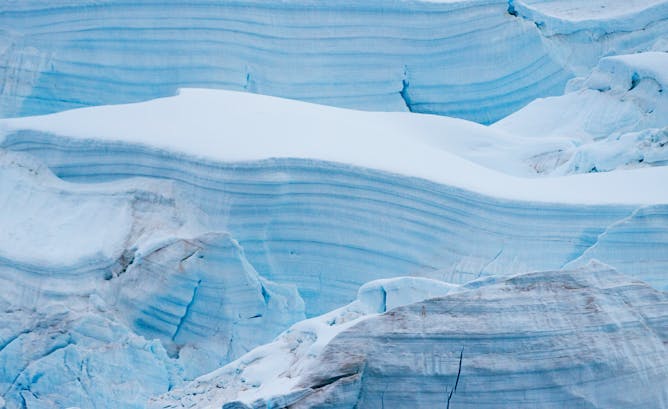
Timothy Naish, Te Herenga Waka — Victoria University of Wellington
The world is on track to exceed 2°C warming within the next five years, with dire consequences for polar ice, mountain glaciers and permafrost – and human society.
|
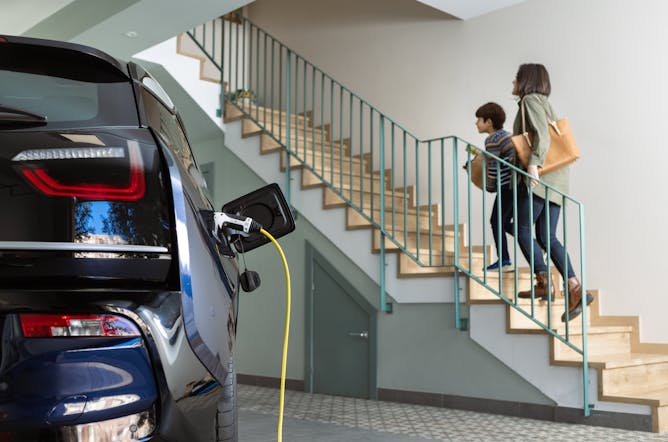
Alan Brent, Te Herenga Waka — Victoria University of Wellington
Using a ‘grid of grids’ network, New Zealand’s growing electric vehicle fleet could contribute to national energy resiliency, feeding electricity back into the system during peak demand.
|
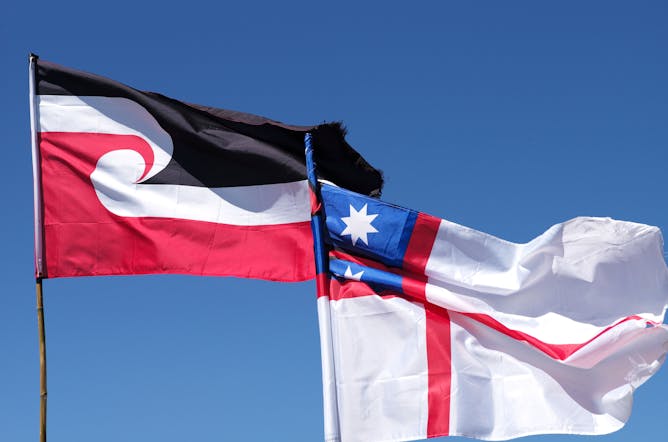
Dominic O'Sullivan, Charles Sturt University
The ACT Party claims revisiting the principles of the Treaty of Waitangi is about political equality. But removing a Māori cultural dimension to New Zealand’s democracy would have an opposite effect.
|
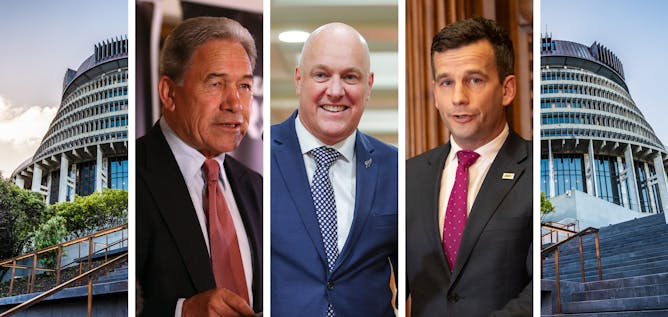
Richard Shaw, Massey University
The country’s first formal three-party coalition will test Christopher Luxon’s promise of ‘strong and stable’ government – and the minor parties’ patience if things don’t go their way.
|
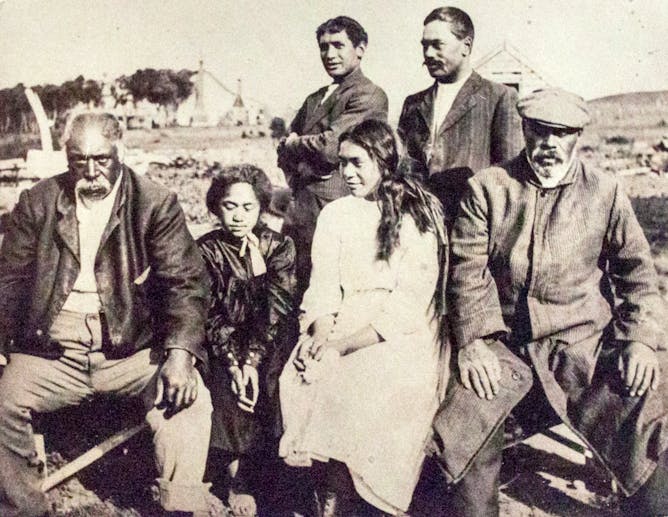
John Middleton, University of Auckland
The last native Moriori speaker died over a century ago. Can an ambitious new project bring the language back from the brink?
|
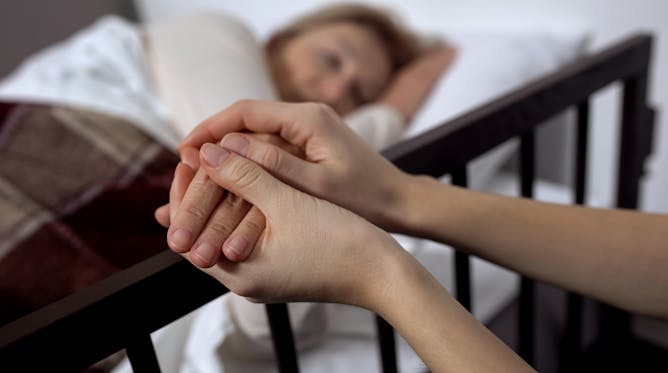
Jessica Young, Te Herenga Waka — Victoria University of Wellington; Aida Dehkhoda, Te Herenga Waka — Victoria University of Wellington; Jeanne Snelling, University of Otago
Two years after the law came into force, just 40% of the 1,441 New Zealanders who applied for an assisted death were able to have one. Next year’s review has important questions to answer.
|
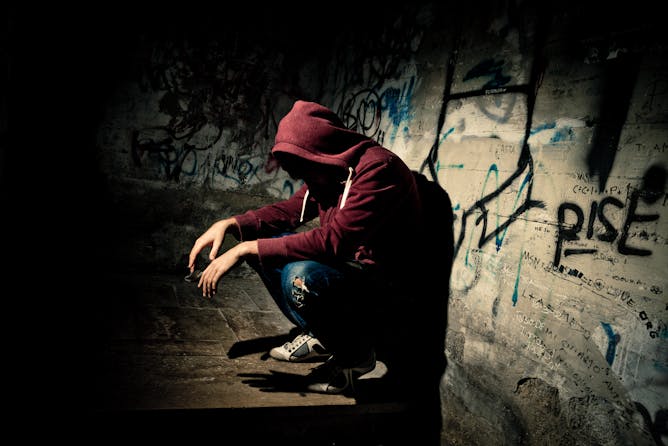
Clive Aspin, Te Herenga Waka — Victoria University of Wellington; Gabrielle Jenkin, University of Otago
Allowing whānau to be more engaged in the coronial investigation into a suicide would help provide answers for family – and help mental health services improve preventative measures.
|
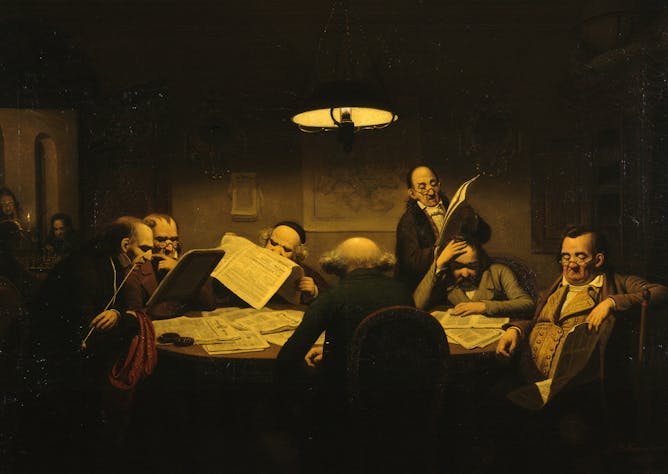
James Wenley, Te Herenga Waka — Victoria University of Wellington
New research investigates the state of contemporary arts journalism and proposes two pathways to strengthening this sector.
|
From our foreign editions
|
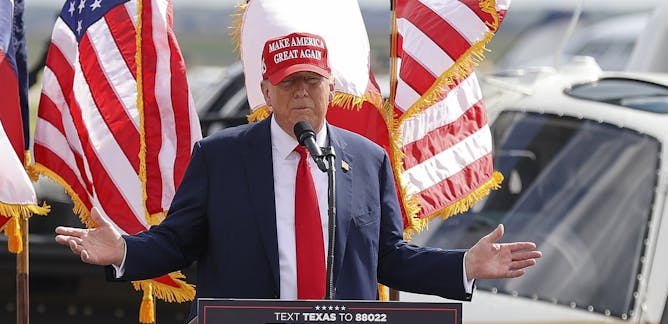
David Smith, University of Sydney
Trump has indicated that, in a second stint as president, he would punish his enemies and reward his champions.
| |
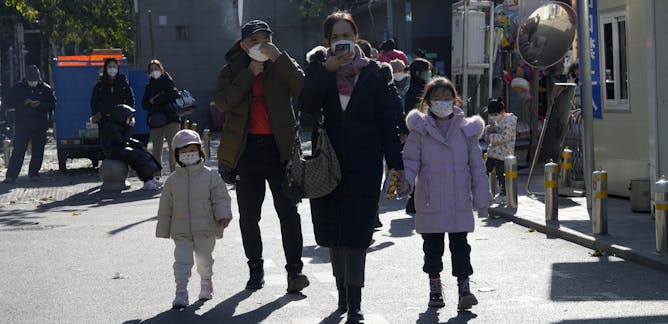
C Raina MacIntyre, UNSW Sydney; Ashley Quigley, UNSW Sydney; Haley Stone, UNSW Sydney; Rebecca Dawson, UNSW Sydney
There are a number of pathogens which are reported to be causing the outbreak of respiratory illness in China.
|
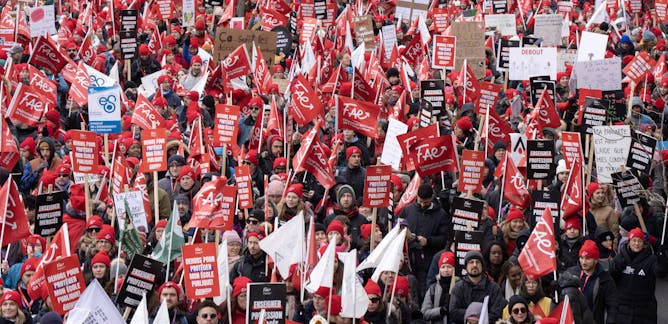
Nabhan Refaie, University of Guelph
The rise in union support can be explained by the growing recognition people are having of their own disadvantages, and the anger they feel about it.
| |
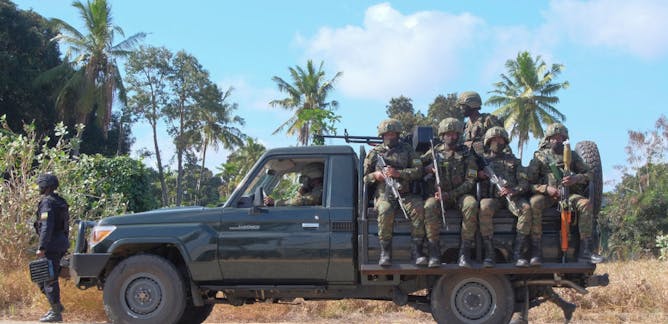
Ralph Shield, US Naval War College
Rwandan forces have been able to keep civilian casualties low in Cabo Delgado despite carrying out a counterterrorism operation.
|
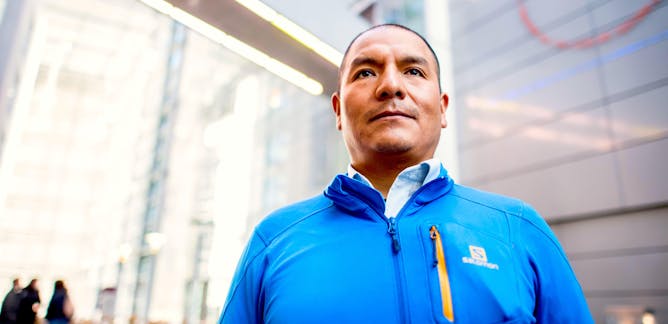
Noah Walker-Crawford, UCL
If this case succeeds, it could set a precedent to hold major polluters responsible for the effects of climate change – even on the other side of the world.
| |
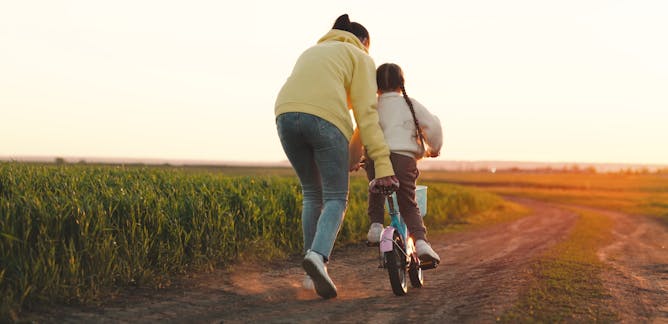
Amy Brown, Swansea University
Single parents need support, not stigma.
|
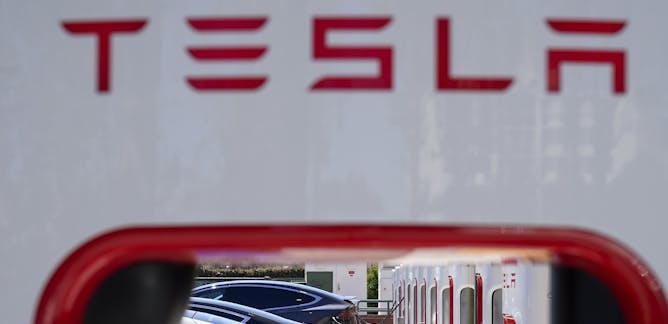
Marick Masters, Wayne State University; Raymond Gibney Jr., Penn State
Wooing those workers will be expensive and require a lot of creativity, since many of them are employed in ‘right-to-work’ states.
| |
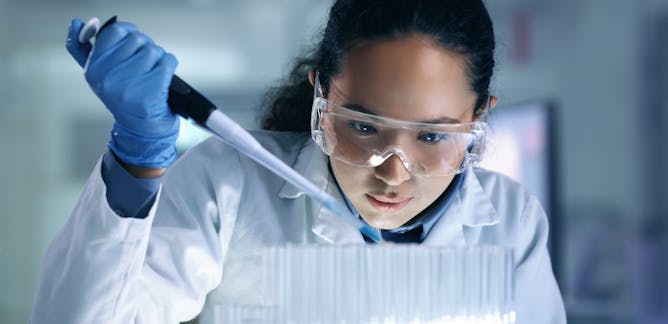
Christopher P. Scheitle, West Virginia University
Stereotypes about religion vs. science are overblown – but those assumptions can create challenges for religious grad students, a sociologist finds.
|
|
|